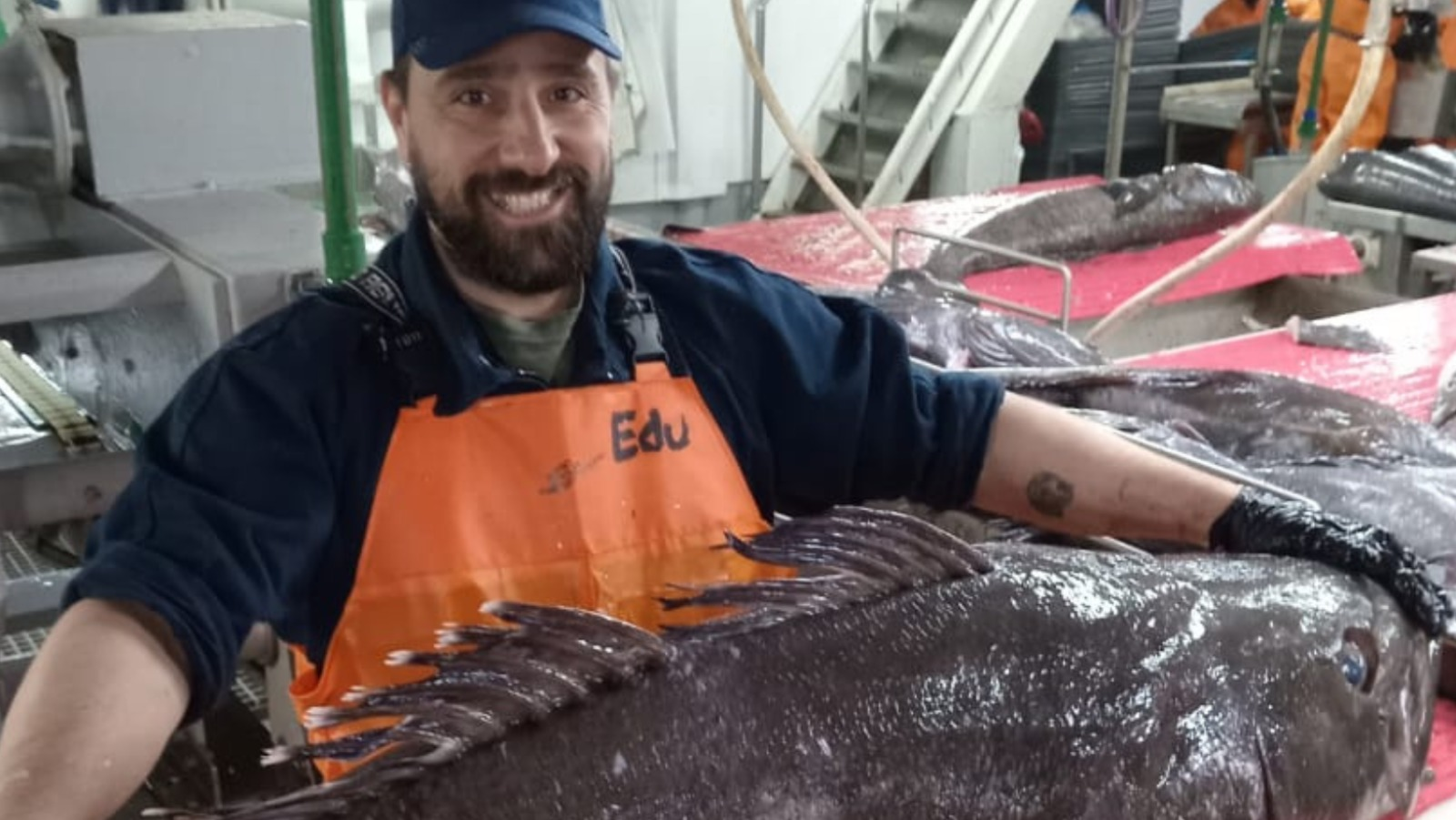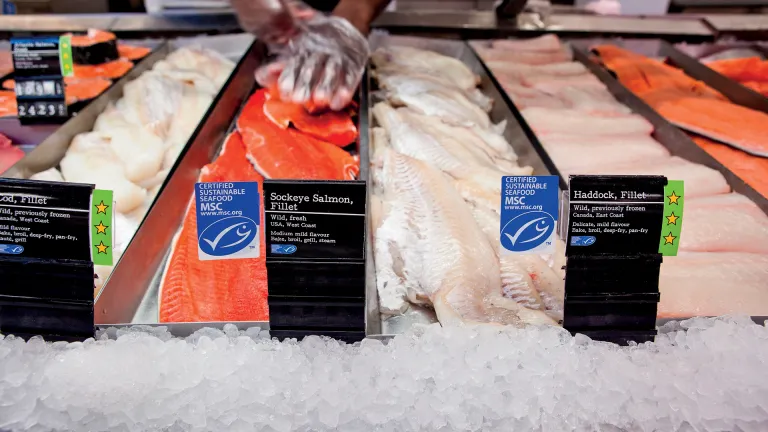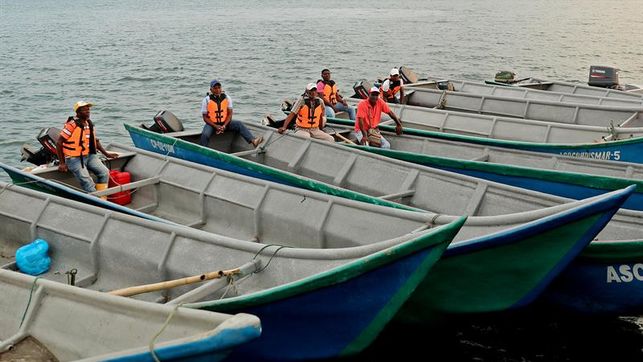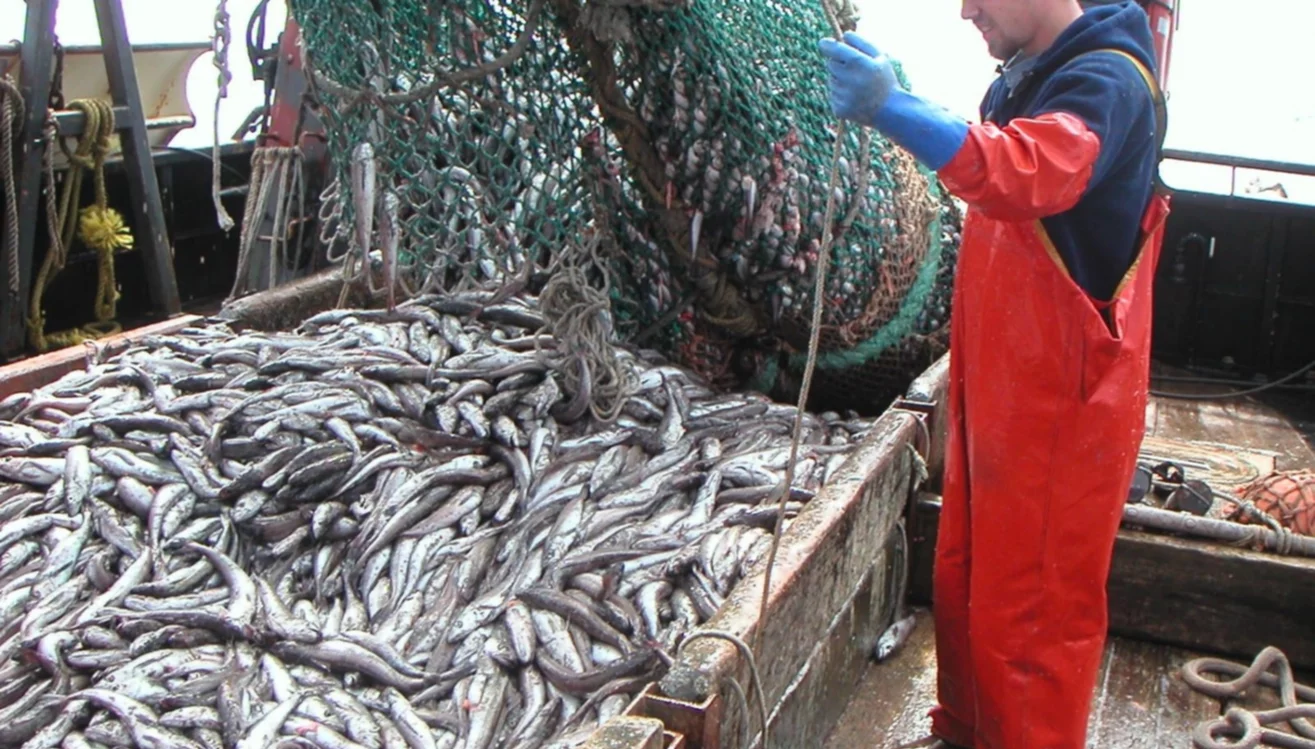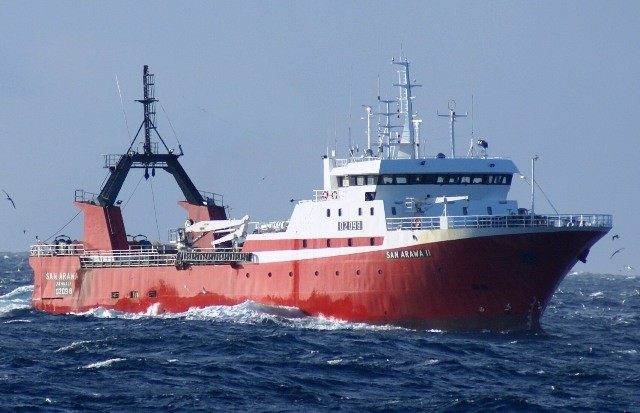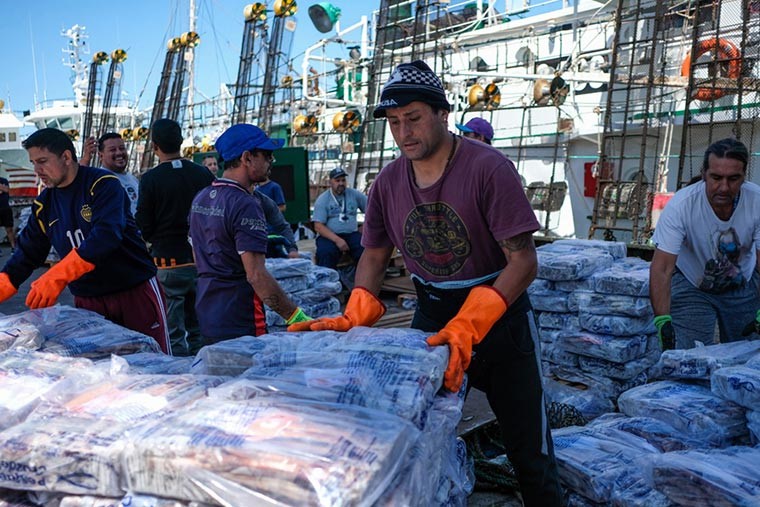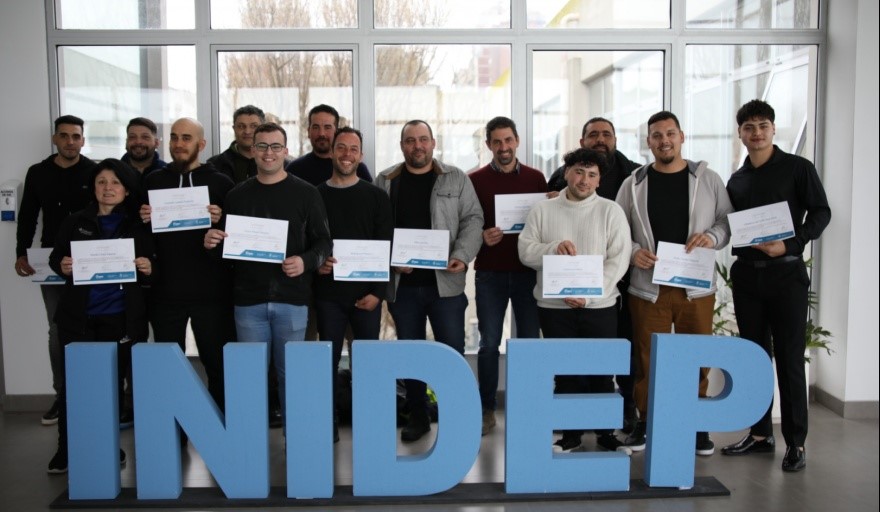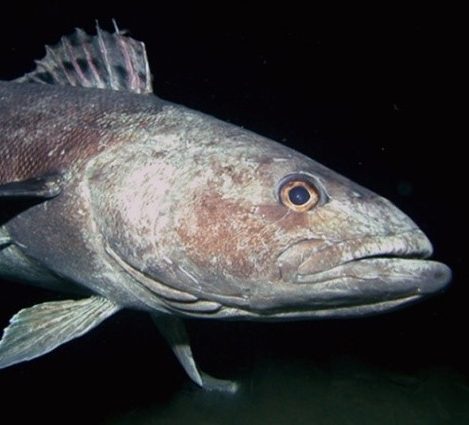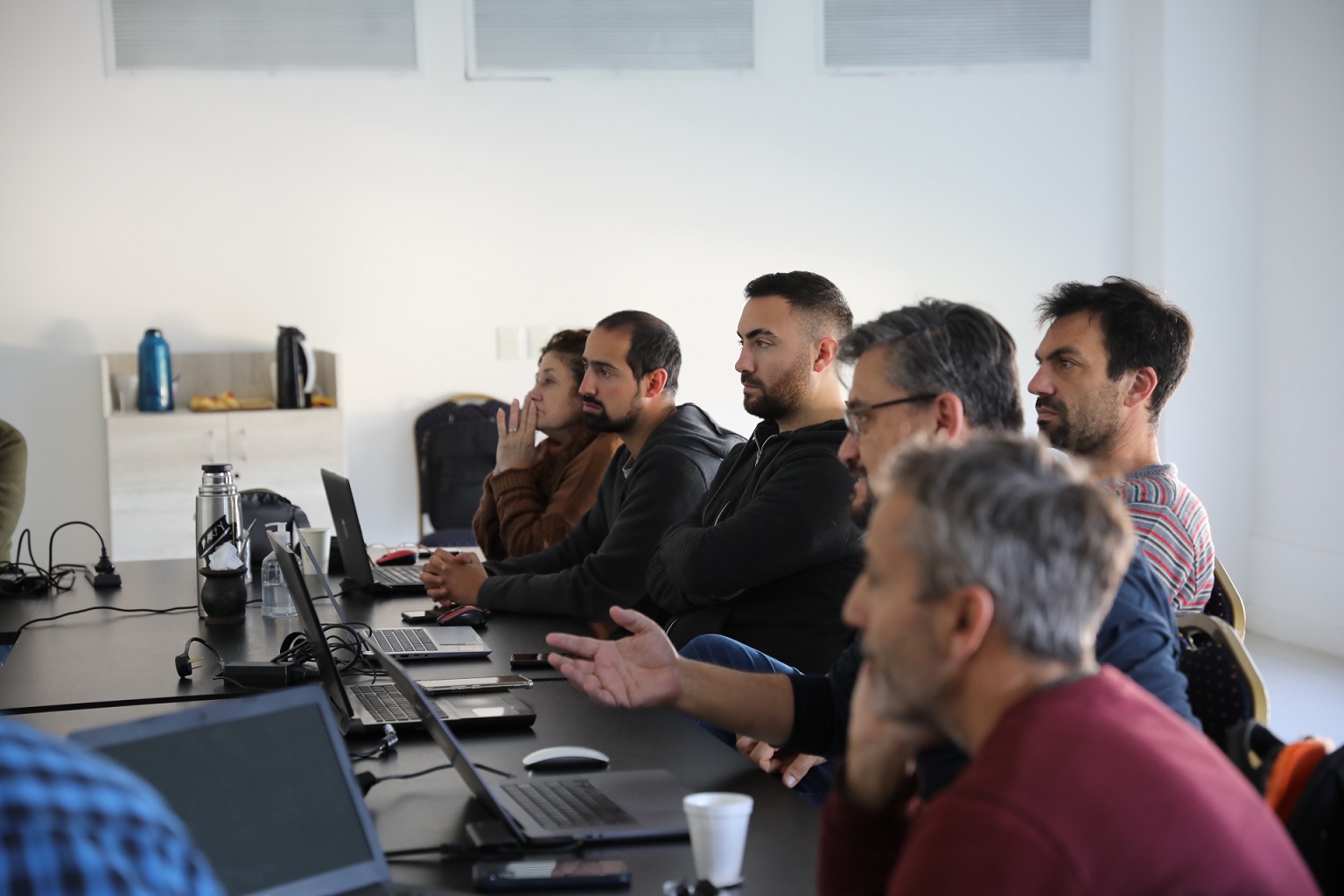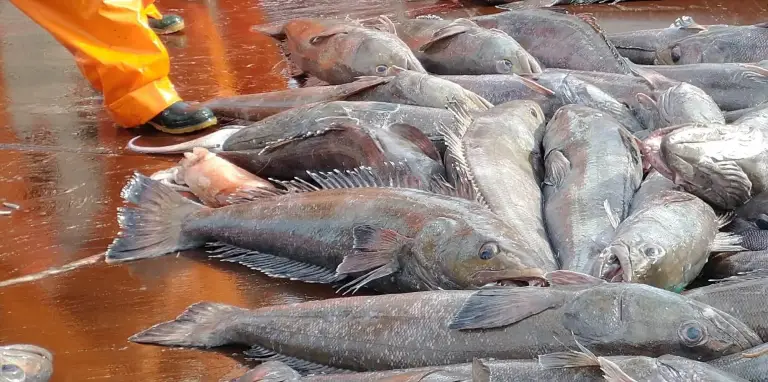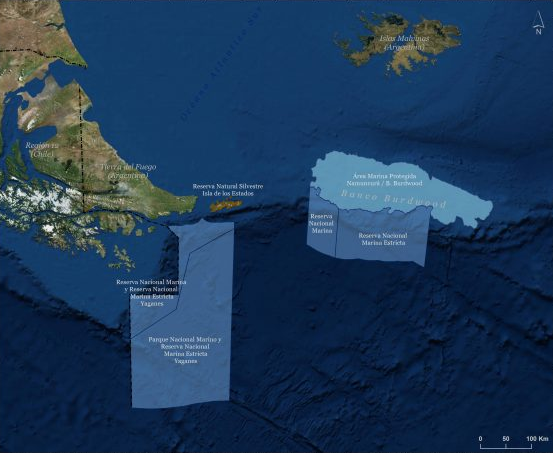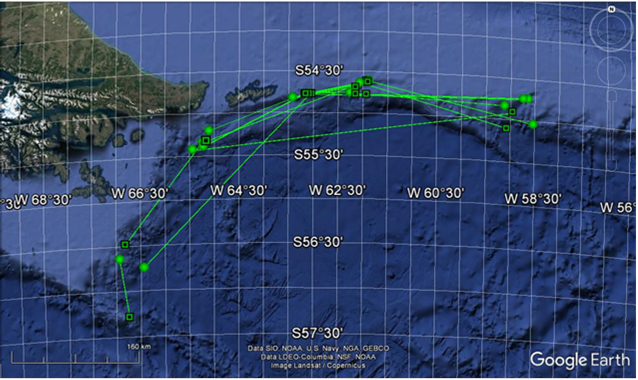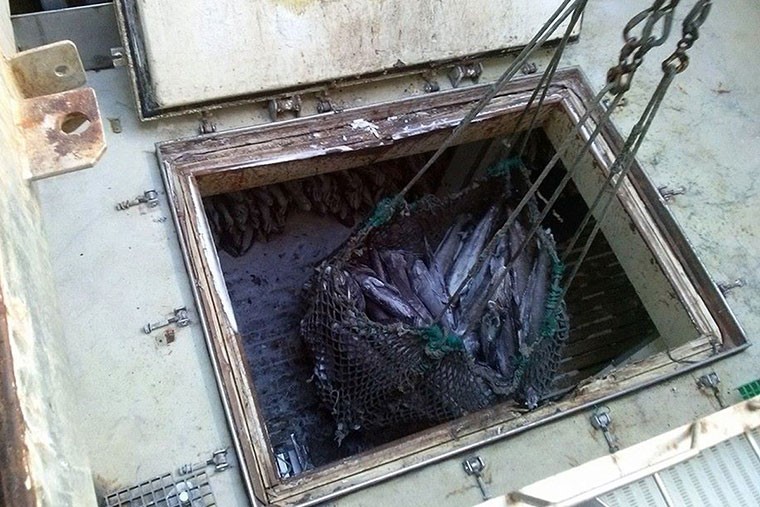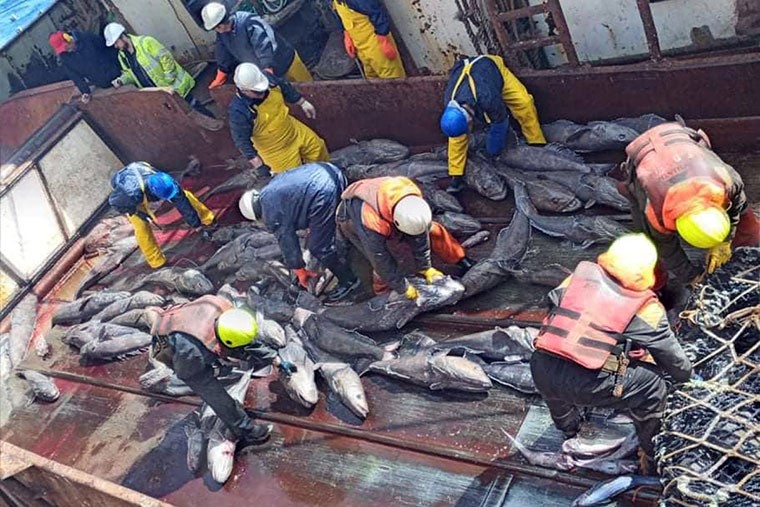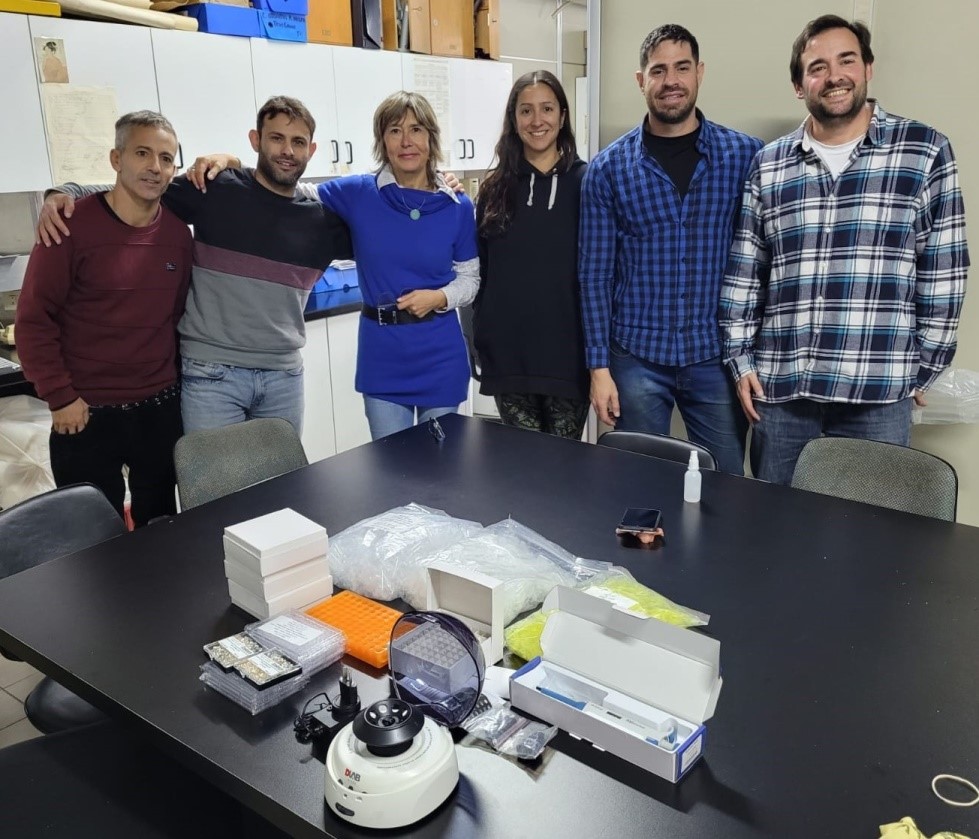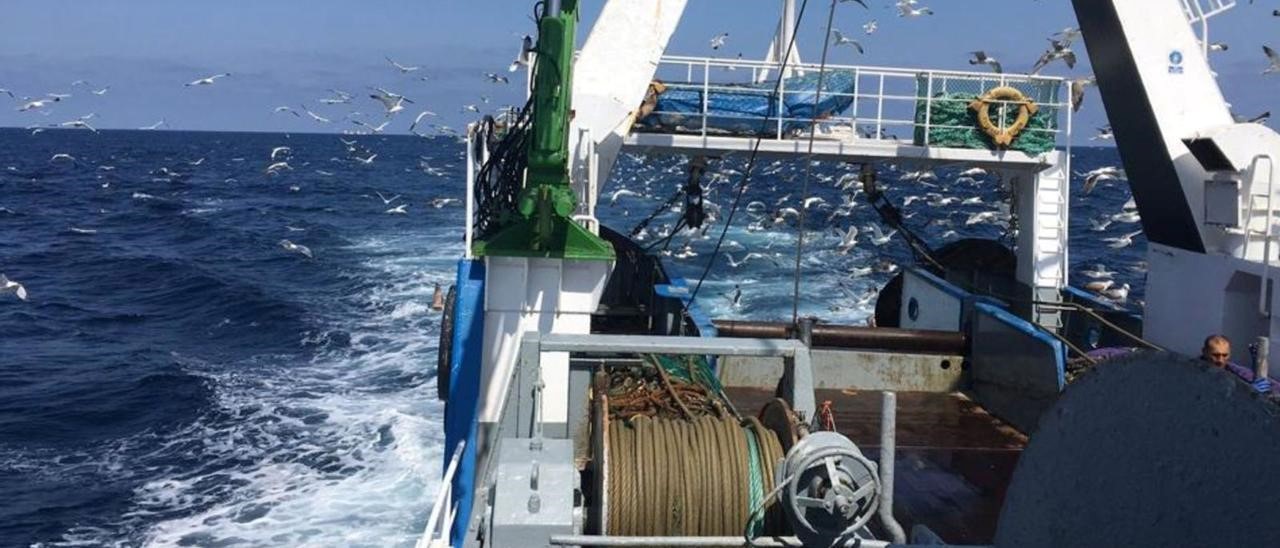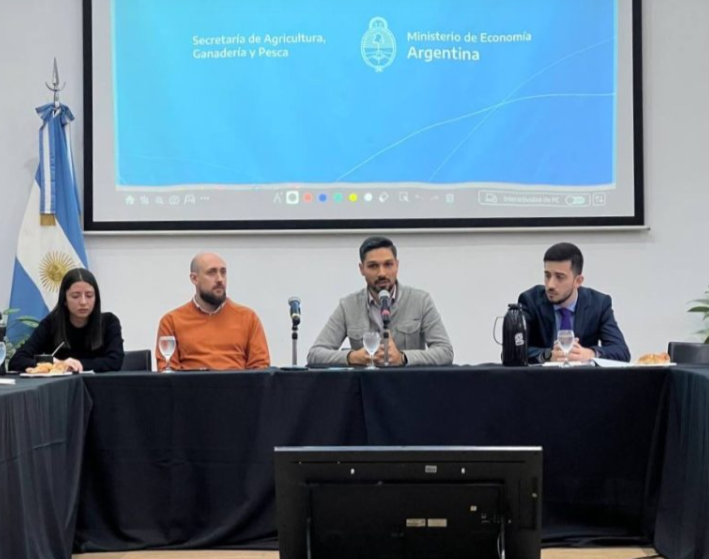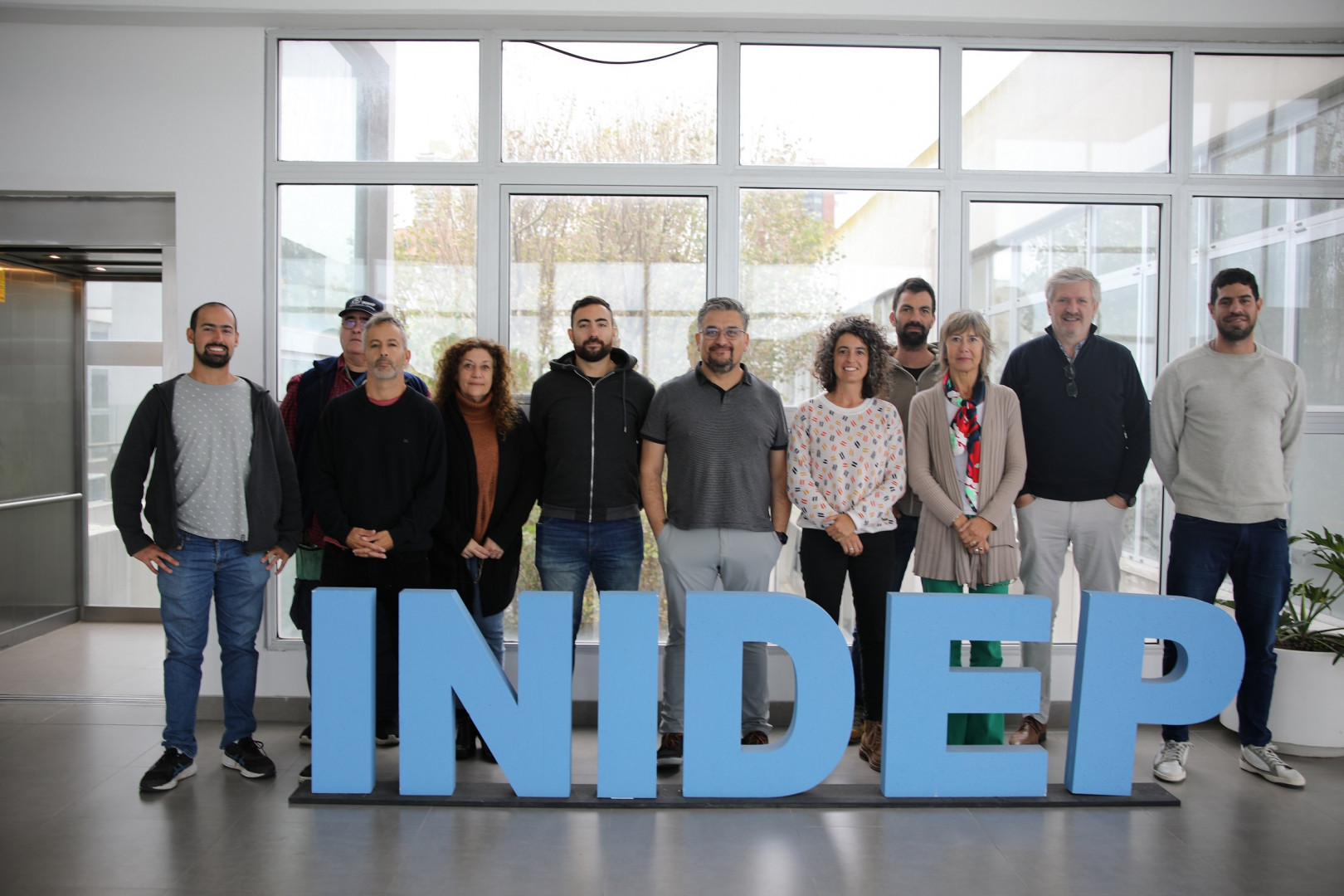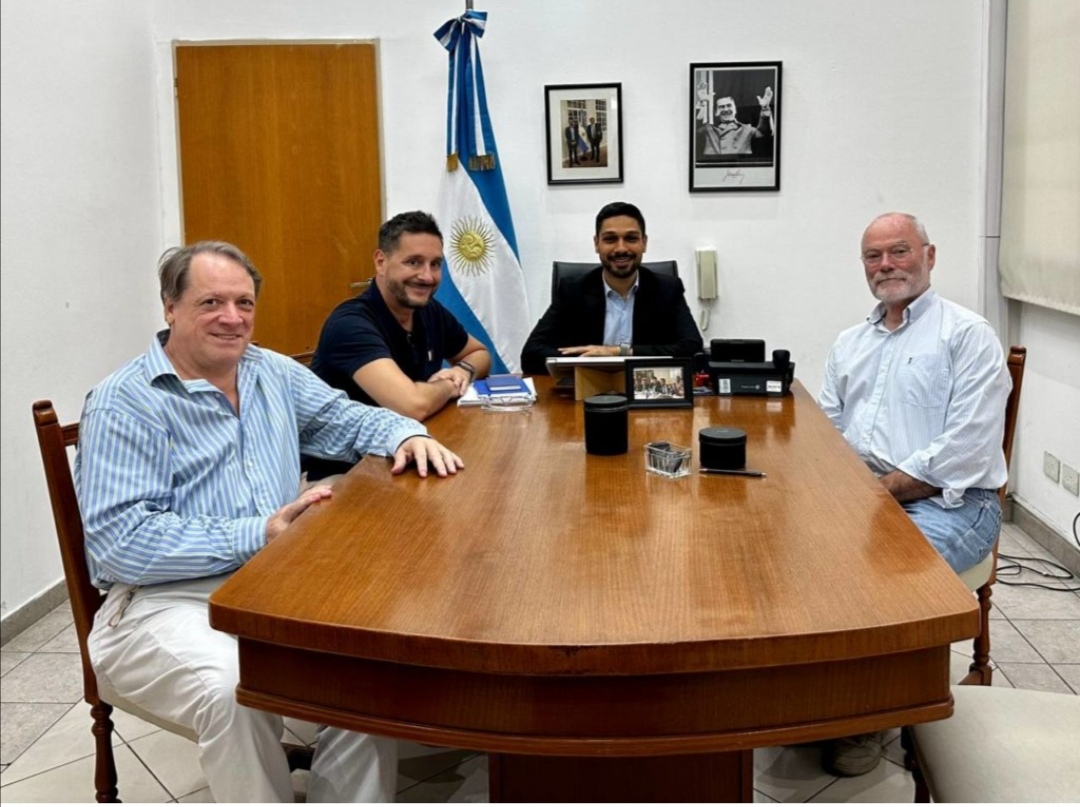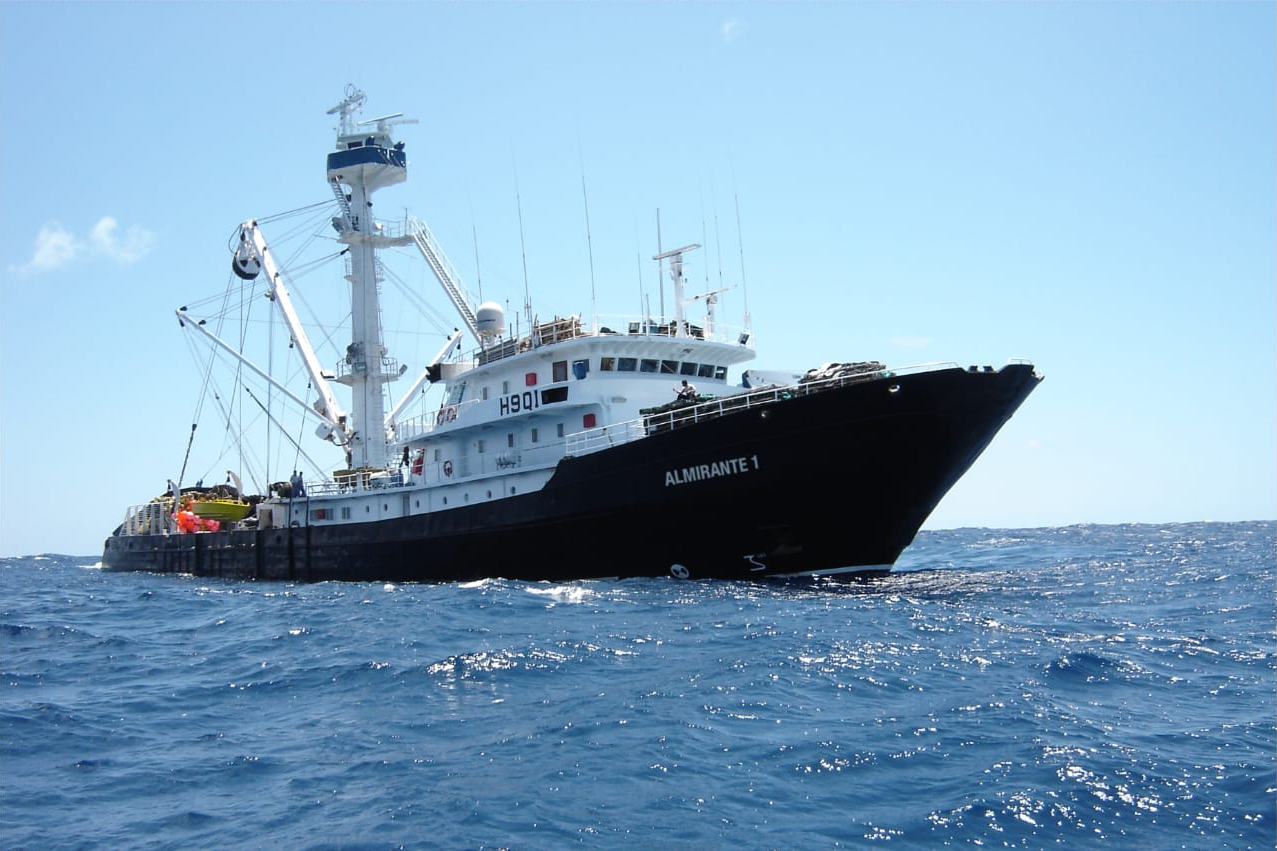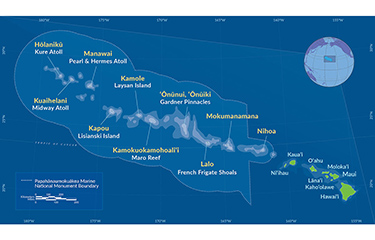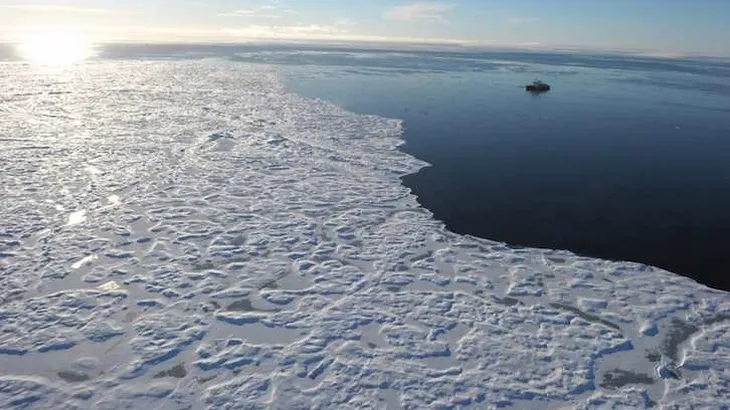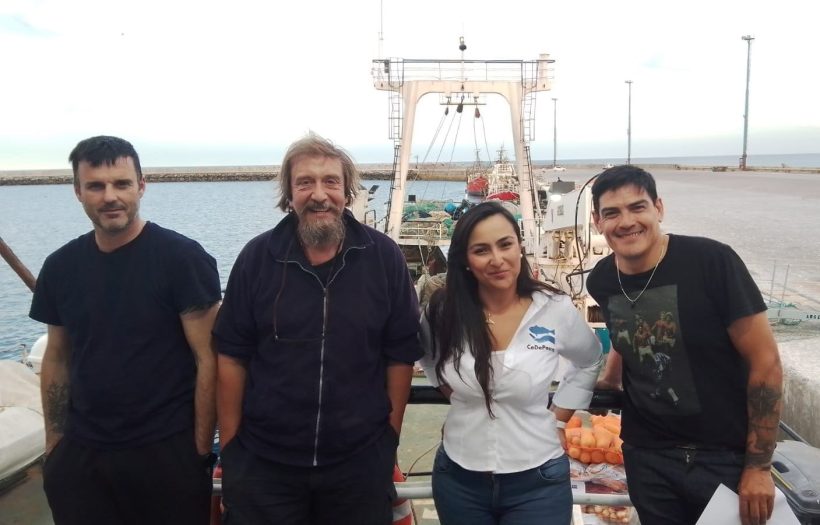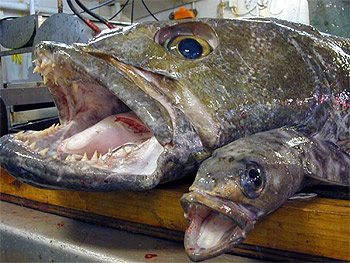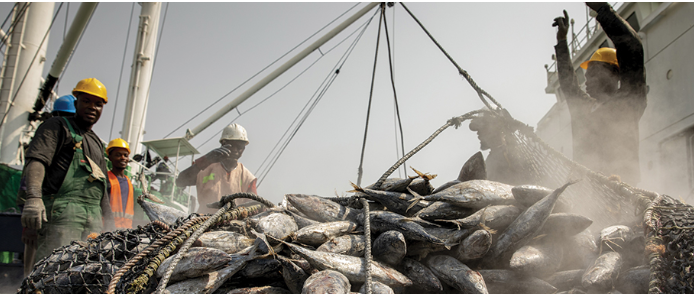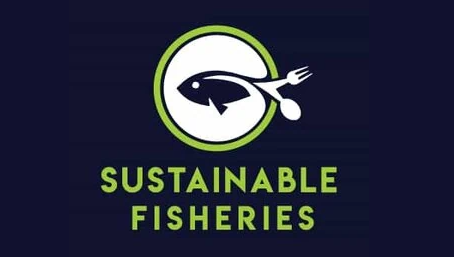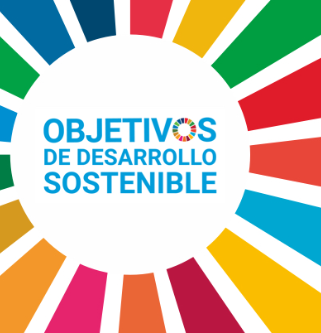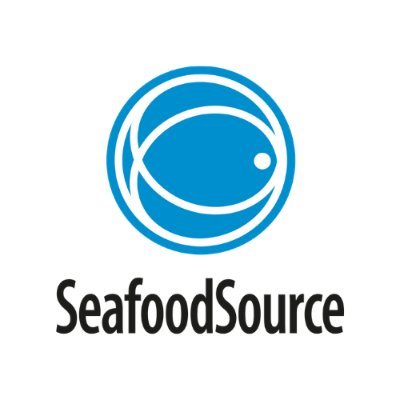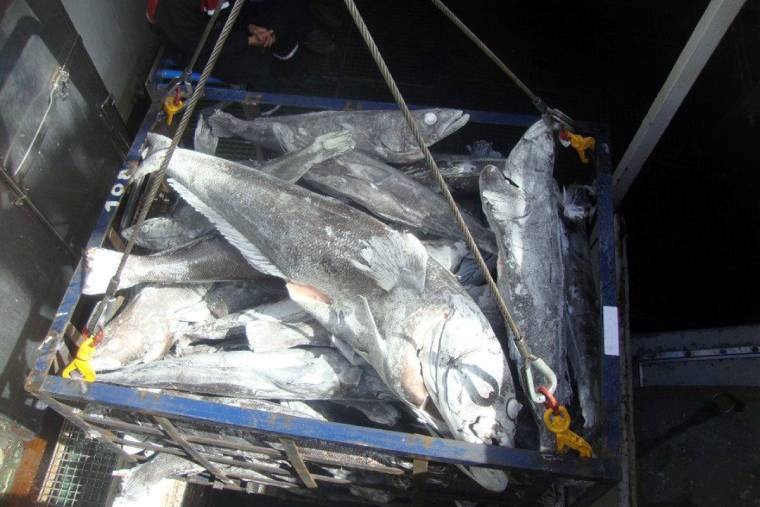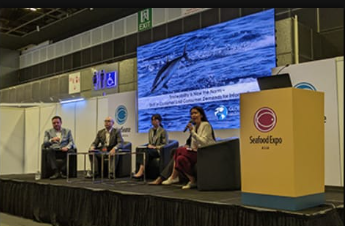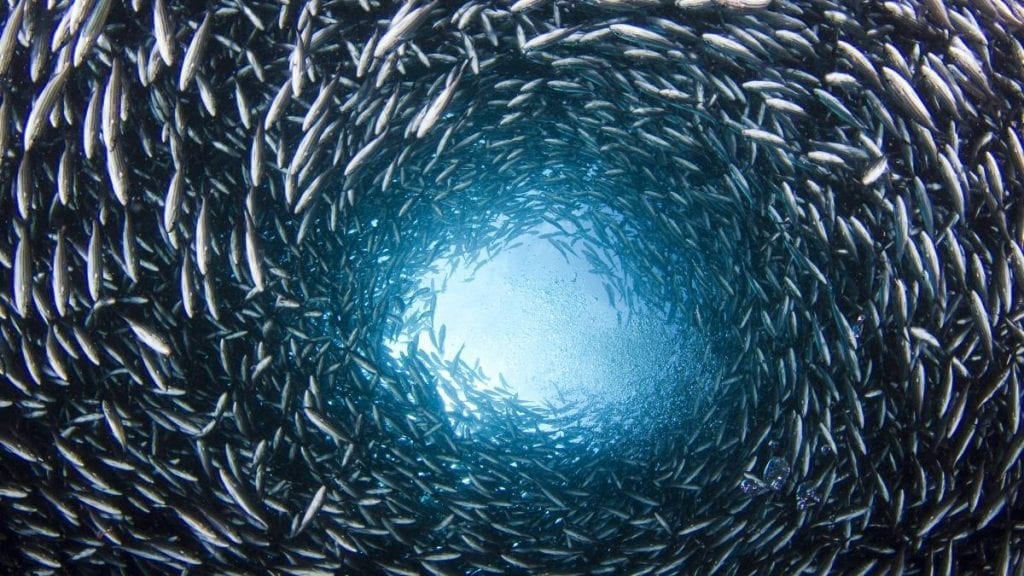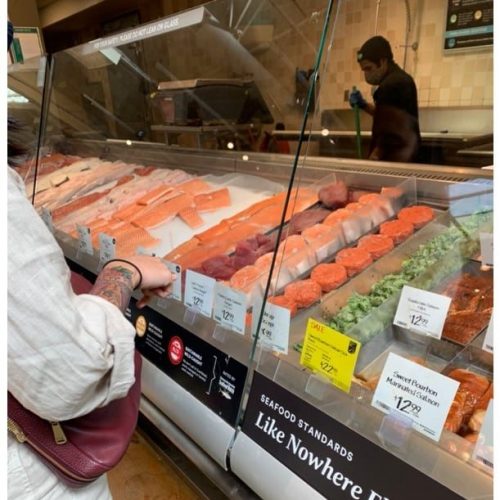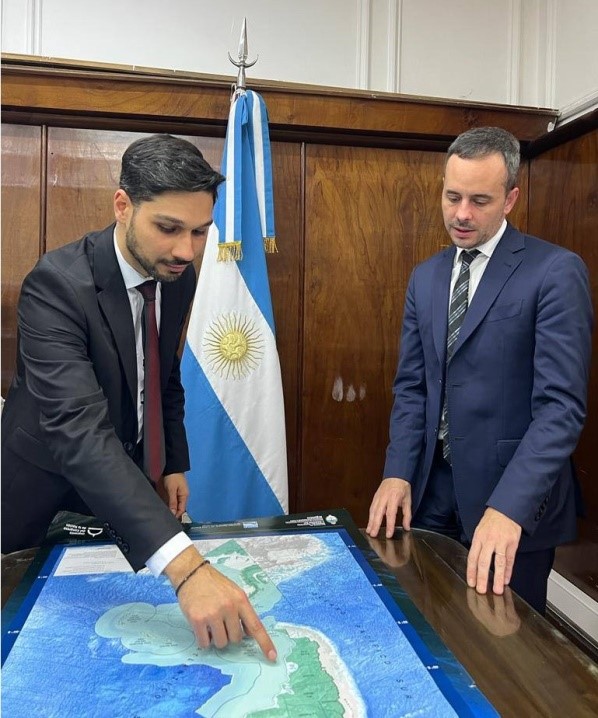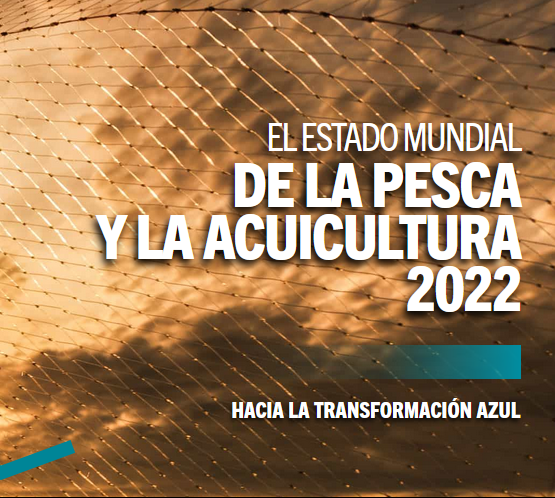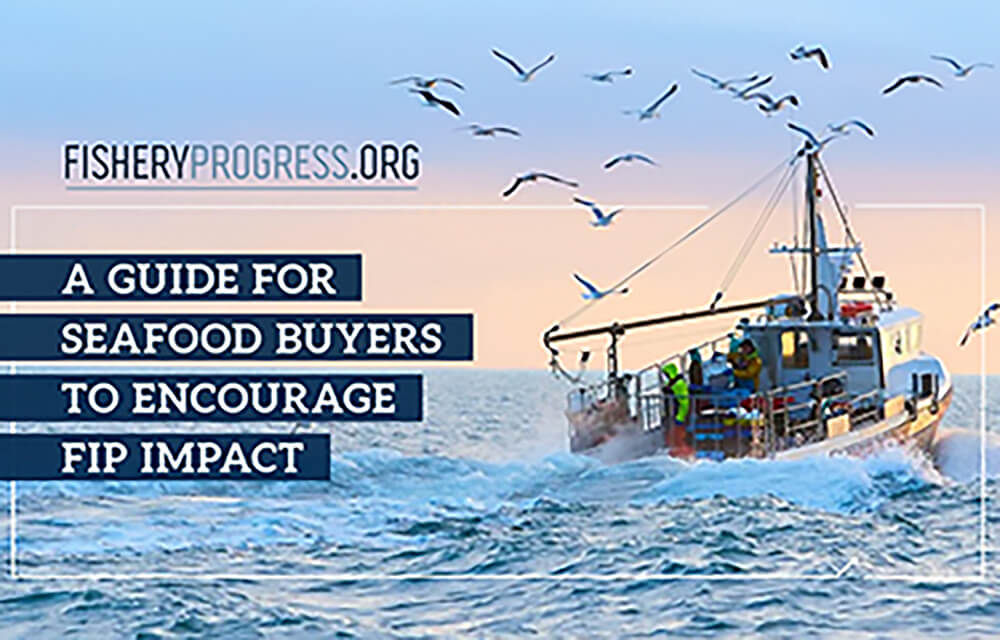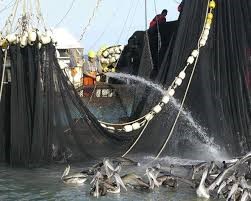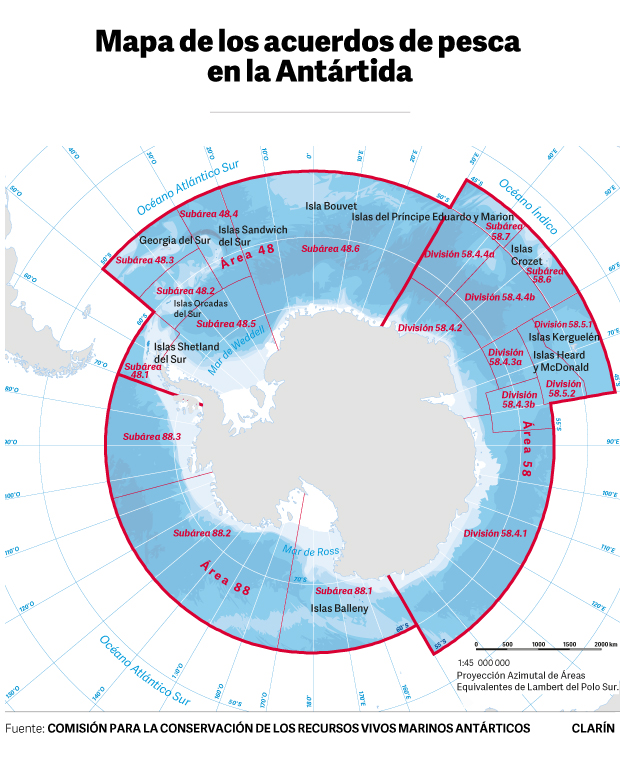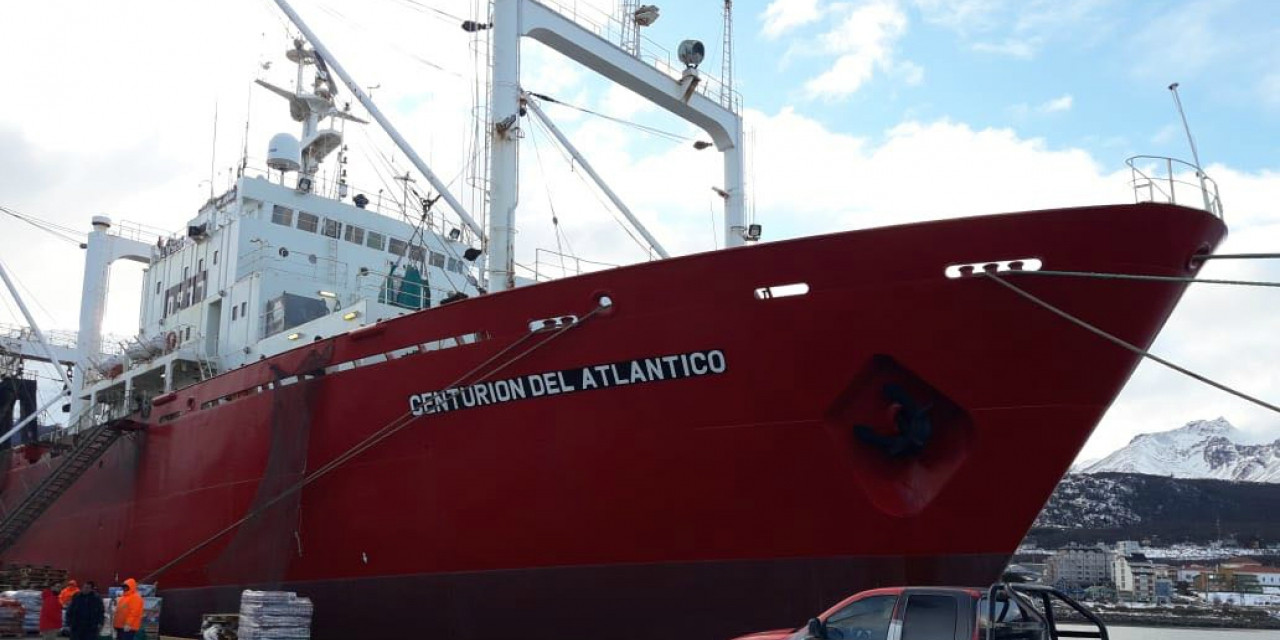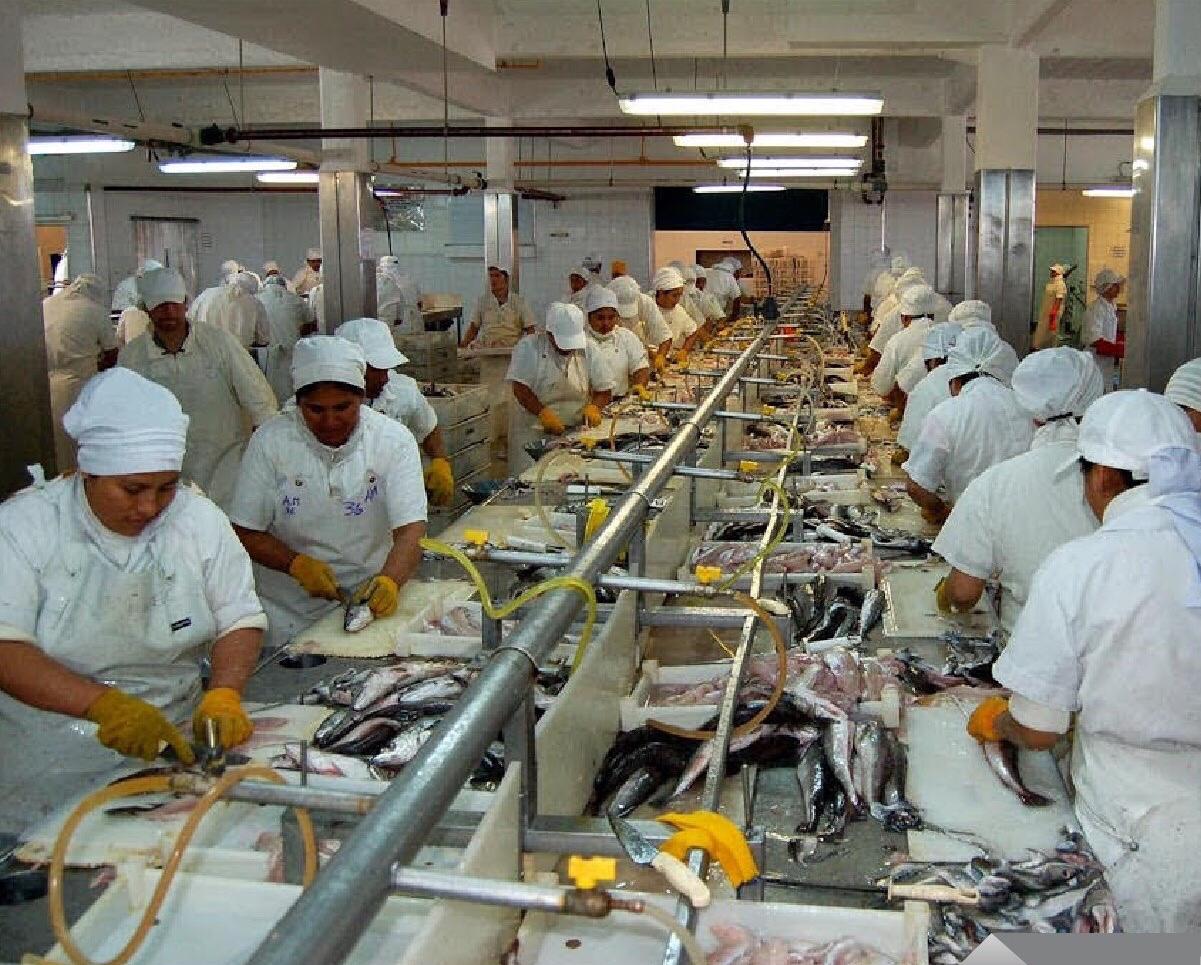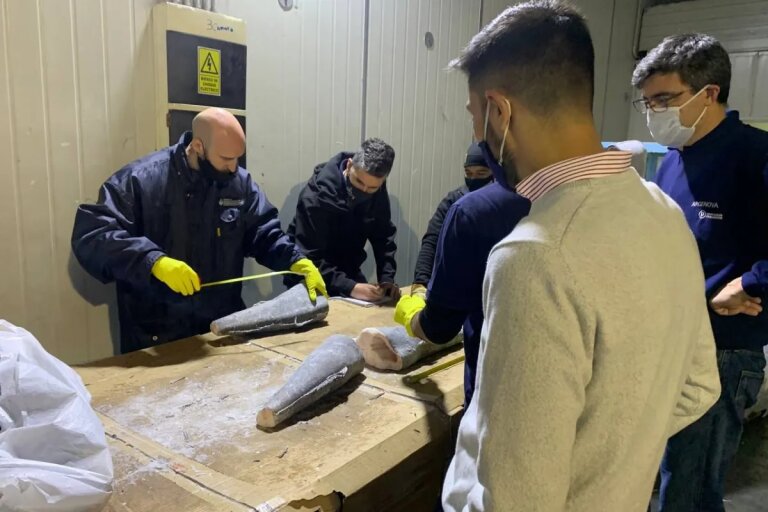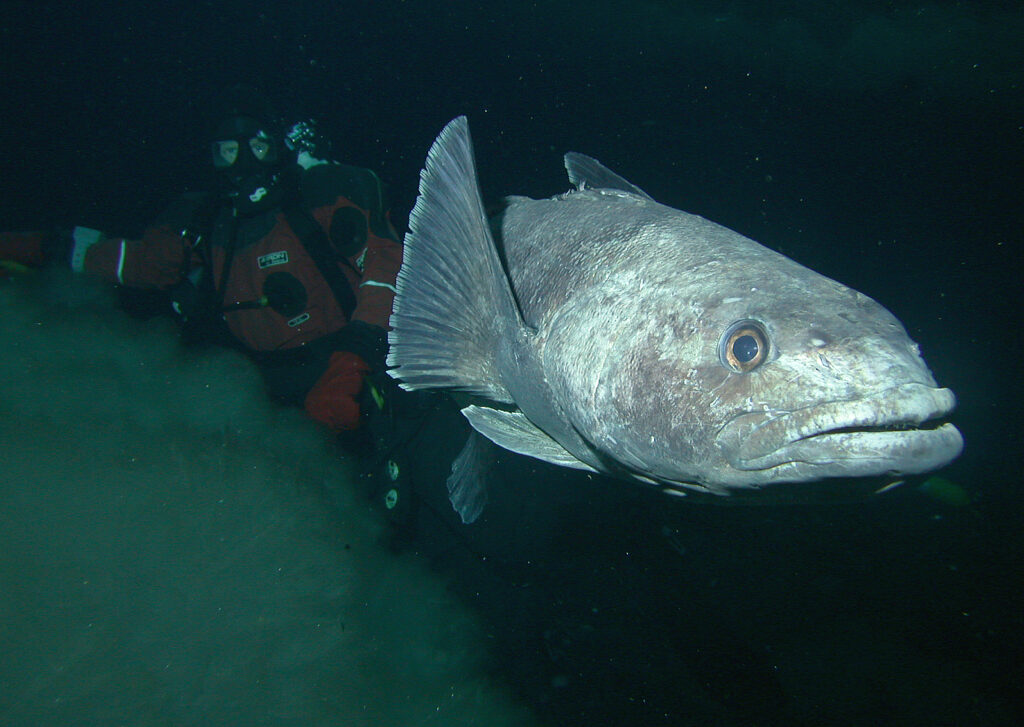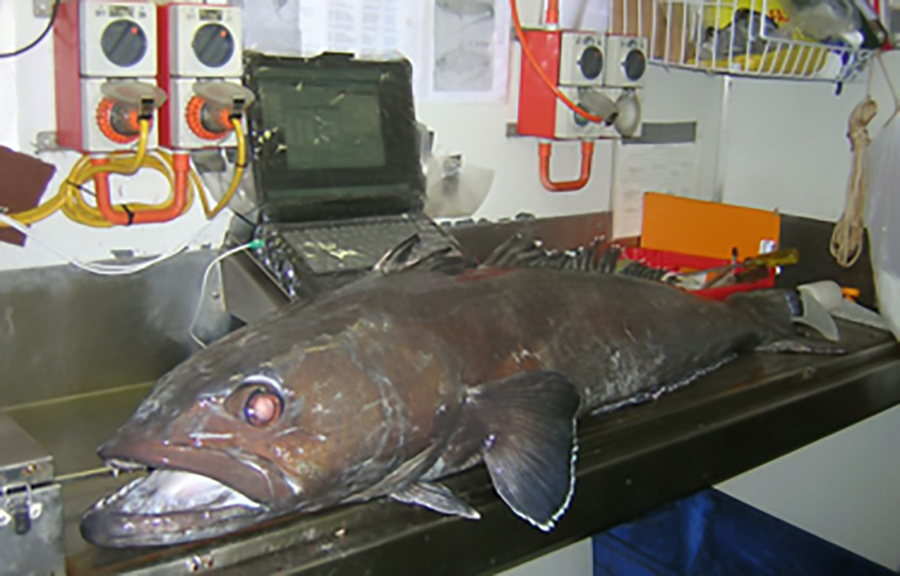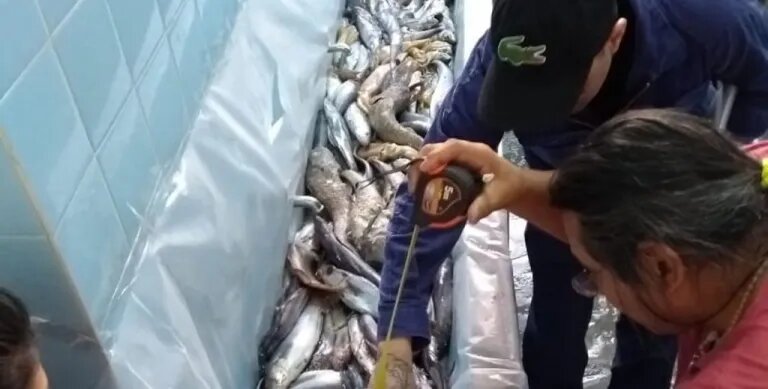News
Scientific Advances: INIDEP’s Ongoing Studies on Patagonian Toothfish Aboard Commercial Vessels
La introducción quedaría así: The National Institute for Fisheries Research and Development (INIDEP) began a new activity on Thursday, February 29, aboard the fishing vessel San Arawa II. The main objective is to estimate the variability in catch estimates of...
The United Kingdom and Ireland are improving sales of certified fish and seafood
The United Kingdom and Ireland are increasing their consumer sales through products labeled with the MSC certification. Once again, they are breaking records in the sale of fish and seafood.
A new FAO body is trying to achieve effective resource management
A new global organization for fisheries management faced its inaugural meeting with key agenda items such as best practices and approaches for effective fisheries resource management, and enhancements in the methodology of the Food and Agriculture Organization...
Annual catches were established for the year 2024 for various species in the Argentine Sea
The Federal Fisheries Council of Argentina established maximum annual catch quotas for various fish species like hake, ling, hoki, southern blue whiting, patagonian cod and others for 2024, through resolutions 12/2023 and 13/2023 published in the Official Gazette....
A first cruise for the study of the reproductive biology of the Patagonian toothfish near Burdwood Bank has concluded
Onboard the commercial fishing vessel SAN ARAWA II, owned by the company ESTREMAR, scientists from the National Institute of Fisheries Research and Development (INIDEP) of Argentina examined population aspects of the Patagonian toothfish (Dissosticus eleginoides),...
Argentina is moving towards full traceability of marine-origin products.
In order to improve the Traceability System for products and byproducts of fishing origin, the Argentine Undersecretariat of Fisheries and Aquaculture has established two new regulations: the “Traceability Certificate” in the “Commercial Transactions” Module and...
New scientific observers on board join the INIDEP team to contribute information for the research and management of Argentine fisheries.
The National Institute of Fisheries Research and Development (INIDEP) awarded certificates to 21 new Observer on board graduates. The course was conducted to train individuals to work on board commercial fishing vessels, gathering basic biological, fishery and...
The Federal Fishing Council of Argentina incorporate changes in the management measures for the Patagonian toothfish fishery.
In a new meeting of the Patagonian toothfish Fishery Monitoring Committee, the issue of incidental catch of the species on vessels without quotas was addressed. With the contribution of information provided by the National Institute of Fisheries Research and...
Scientist of INIDEP have concluded a workshop on stock assessment of Patagonian toothfish
In mid-August, Dr. Juan Carlos Quiroz (Chile) provided the third part of a training workshop on the CASAL 2 stock assessment method at the facilities of the National Institute of Fisheries Research and Development (INIDEP). CASAL 2 is a software used to assess fish...
INIDEP and fishing companies will study the reproductive status of the Patagonian toothfish in the vicinity of the Burdwood Bank
They will carry out a survey on board the BP San Arawa II to study the reproductive status of the Patagonia toothfish in the spawning area located west of the Burdwood Bank.
The impact of Marine Protected Areas on the Argentine Patagonian toothfish fishery under scrutiny
The effect of Marine Protected Areas (MPA) on fishery resources and fishing activity is controversial. In a recent scientific article published in Marine and Fishery Sciences (MAFIS), was analyzed the possible impact on the argentine Patagonian toothfish fishery...
New information on the migratory behavior of Patagonian toothfish in the South Atlantic provided by INIDEP
A recently published article in the scientific journal Marine and Fishery Sciences (MAFIS) provides valuable information on the migratory patterns of Patagonian toothfish in the Southwest Atlantic Ocean. Through the study, which began in 2004 with the...
Argenova proposed further limiting the bycatch of Patagonian toothfish in the Argentine fishery.
In order to prevent unauthorized vessels from accidentally capturing juvenile Patagonian toothfish, the fisheries administration has been requested to further limit the allowed bycatch by establishing a limit of 2.5 tons per trip, in addition to the permitted 1.5%...
A new report on the toothfish fishery in Argentina was presented to fishery administration
The National Institute for Fisheries Research and Development (INIDEP – Argentina) presented a report to the Federal Fisheries Council that analyzes the current situation of the fishery. It presents the evolution of total catches and other indicators from year 2000...
INIDEP received supplies and instruments for analysis of reproductive ecophysiology and stable isotopes in toothfish.
The Southern and Subantarctic Demersal Fish Fisheries Program of the National Institute for Fisheries Research and Development (INIDEP - Argentina) received supplies and instruments to carry out the reproductive ecophysiology and stable isotope analyzes in...
Researchers from the National Institute for Fisheries Research and Development (INIDEP – Argentina) continue training on a method for stock assesment of patagonian toothfish
From Thursday, June 8th to Wednesday, June 14th, Dr. Juan Carlos Quiroz from Chile provided the second part of the training workshop on CASAL 2 methodology at the facilities of the INIDEP. CASAL 2 is a widely used software for assessing the Patagonian toothfish.
Officially bogus: Bottom trawling does not release as much carbon as airline travel.
According to a recent scientific article analyzed by the portal sustainablefishing-uw.org, from the University of Washington (USA), it is conclusively demonstrated that the claim that bottom trawl fishing releases the same amount of carbon as all air travel is...
INIDEP has started studying the reproductive status of the Patagonian toothfish on the northern slope of the Argentine Sea aboard a commercial vessel.
The National Institute for Fisheries Research and Development (INIDEP) launched a survey last Saturday June 3 to assess the reproductive status of toothfish (Dissostichus eleginoides) in the slope area between 37° and 41° latitude south on the commercial fishing...
The Argentine Directorate of Fisheries presented the Traceability Certification System for fish products.
The Undersecretary of Fisheries and Aquaculture of the Nation presented the Traceability Certification before business chambers and actors in the fishing sector. In addition, a debate was held on plant yields for some species.
Argentina: INIDEP held a workshop to incorporate new methods for the stock assesment of toothfish.
The CASAL 2 methodology, widely used in the stock assesment of toothfish, was introduced to scientist of the National Institute for Fisheries Research and Development (INIDEP). The activity was in charge of a Chilean expert and was financed by the fishing companies...
First fully upfront financing model looks to fast-track USD 100 million for fishery improvement projects
The World Wildlife Fund and Finance Earth have announced the launch of the Fisheries Improvement Fund (FIF), which seeks to generate more than $100 million in investments for fisheries improvements by 2030. The fund will be managed through repayable finance and...
Argentine fisheries authorities and industry representatives discuss about the toothfish fishery
The fishing sector held a meeting with the National Director of Fisheries Coordination and control, in order to analyze the current measures for the Administration of the Patagonian toothfish fishery in Argentina and generate actions to enhance the value of the...
ISSF Aims for Full MSC Certification of Participating Companies
The International Seafood Sustainability Foundation's (ISSF) latest strategic plan maintains Marine Stewardship Council (MSC) certification as a core tenet, as the organizations advocate for more sustainable wild-caught seafood products. The new Strategic Plan...
Hilborn lab finds counterevidence to study claiming MPAs have “spillover” effect
A new analysis from the University of Washington's Sustainable Fisheries Lab challenges a study claiming that the largest marine protected area (MPA) in the U.S., caused a “spillover effect” in yellowfin tuna. The review aligns with the view that marine protected...
Climate change and fishing
Climate change is having a profound impact on our oceans and marine life. Its effects are altering the distribution of fish populations and their food, and fishing activity must adapt to the new conditions and engage with the change.
FIP Argentine Toothfish: CeDePesca held a workshop on board the vessel Argenova
CeDePesca held a workshop with crew members and officers of the fishing vessel Argenova XXI, within the framework of the training work for data collection on the interactions of fishing with the ecosystem, as part of the Improvement Project (PROME) to achieve the...
The Ministry of Science will build the first Inter-institutional Center on Antarctic Issues in Tierra del Fuego
Within the framework of the CITEs Program, the Minister of Science, Daniel Filmus, signed the resolution by which the MINCyT transferred to the National University of Tierra del Fuego the amount of $292,111,920 million pesos for the start of the work. The new...
Patagonian toothfish. Due to a new provision of the Undersecretary of Fisheries there will be greater controls on landing
The new Provision number 15/2023 of the Undersecretary of Fisheries of the Nation modifies the manual for the landing protocol, where the criteria for measuring sizes are described, determining the conversion factors, providing inspectors with precise instruments...
The Ocean Foundation and FAO launch groundbreaking knowledge hub for fisheries management
The Ocean Foundation (TOF) and UN’s Food and Agriculture Organization (FAO) have launched a new website in support of sustainable fisheries management around the world. HarvestStrategies.org provides a clearinghouse of the latest information on the development and...
Fisheries Science
This article describes the bases of commercial fishing which allow the development of the activity in a sustainable way, reviewing the main tools for fisheries management, as well as highlighting some of the challenges that the activity is going through in its set.
ASC publishes a report on its progress towards the UN sustainability goals
The Aquaculture Stewardship Council (ASC) has published its first report on how it is contributing to the responsible aquaculture part of the United Nations global Sustainable Development Goals (SDGs). The new report found that ASC addresses more than 80 percent of...
Op-ed: Sustainability in the seafood sector in Latin America: What is needed, and how to move forward faster
One of the important events that Comepesca had in 2022 was the organization of the third Seafood Summit for Latin America, which took place in Puerto Varas, Chile, in October 2022. There, some conclusions were reached during this meeting of more than of 250...
How many fisheries are overfished, and what does that mean?
According to the Food and Agriculture Organization of the United Nations (FAO), an estimated 60% of the world's fisheries are fully fished. On the other hand, 33% of fisheries are overfished, this percentage is mainly composed of those with low abundance. The...
Overview of the Patagonian toothfish fishery in Argentina.
In a recent report, researchers from the National Institute for Fisheries Research and Development (INIDEP) analyzed the biological-fisheries information on the resource in Argentina, concluding that, as observed in recent years, the Patagonian toothfish fishery...
Traceability: the key to the success of seafood sustainability efforts
The Global Dialogue on Seafood Traceability (GDST), launched in February 2020, has already garnered support from some of the world's largest seafood companies. According to Union Group Sustainability Director Adam Brennan, traceability is the axis that holds the...
Sustainable and responsible fishing: The great challenge to guarantee the future of oceans in the face of climate change.
In a scenario of progressive change in marine ecosystems, a report by the Konrad Adenauer Foundation proposes participatory management of fisheries with an ecosystem approach based on science, to ensure that this activity maintains -and increases- its contribution...
A guide to buying sustainable seafood
Seafood is probably the healthiest protein available. It is leaner than other animal proteins, provides the best protein-to-calorie ratio, and contains high concentrations of rare micronutrients not found in other types of protein, such as selenium, Omega-3 DHA,...
Improvements in the National System of Certification of Fishing Catches and Exports of Argentina
A new National System of Digital Certification of Fishing Catches and Exports was legally established. All documentation is presented exclusively in digital form. Its implementation being regulated by the Undersecretary of Fisheries and Aquaculture through...
The New SOFIA 2022 Report on the state of fisheries and aquaculture worldwide was released
The State of World Fisheries and Aquaculture (SOFIA) is the biennial flagship report of the FAO Fisheries and Aquaculture Division that analyses the status of global stocks as well as trends in fisheries and aquaculture at a global and regional level. SOFIA is a...
FisheryProgress.org changes the focus from collecting information on FIPs to motivating changes in the behavior of sea products buyers.
Sobre la base de sus esfuerzos para apoyar a la industria pesquera al proporcionar un sitio web integral de informes de proyectos de mejora de la pesca (FIP), FisheryProgress.org ahora tiene como objetivo aumentar el impacto de los FIP al alinear a los compradores...
What is the best way to reduce bycatch?
As a result of the analysis of confidential data from 15 existing fisheries in the world, a group of scientists determined how spatial and temporal closures (closing areas or seasons) would impact on target and incidental catch. In this way, it described how this...
A struggle in Antarctic seas.
A partir de un fuerte cuestionamiento científico de Rusia a los estudios de estimación del estado de explotación de la merluza negra en el área 48.1 de CCAMRL (Islas Georgias del Sur), se generó un conflicto para el establecimiento de la cuota anual de pesca en...
The assessment of Patagonian toothfish juveniles has finished on board a commercial vessel.
La campaña, correspondiente a una serie de cruceros iniciados en 2018, busca realizar la estimación de un índice de abundancia de la fracción juvenil de esta especie, con la finalidad de incorporar dicha información en los modelos de evaluación de la abundancia de...
Traceability – Bills in the Argentine Legislation.
A propósito de seguridad alimentaria, hay una creciente presión de las grandes cadenas de retail, y puede citarse a Diálogo Global sobre Trazabilidad de Productos del Mar como una respuesta de la industria. Existen dos proyectos de Ley en el parlamento argentino...
Argentina establishes measures to increase controls on fishing activity.
Crean la Unidad de Seguimientos Especiales Pesqueros que funcionará en el ámbito de la Dirección de Control y Fiscalización dependiente de la Dirección Nacional de Coordinación y Fiscalización Pesquera de la Subsecretaría de Pesca y Acuicultura.
Patagonian toothfish: The history of fisheries development in deep waters
A fines de la década de 1980, varias flotas comenzaron a capturar una especie poco conocida llamada merluza negra: Dissostichus eleginoides. Esta especie se conocía como captura incidental en algunas de las pesquerías de arrastre de fondo existentes, y de la pesca...
A survey for the assessment of Patagonian toothfish juveniles on board an Argentine commercial vessel
La campaña, correspondiente a una serie de cruceros iniciados en 2018, busca realizar la estimación de un índice de abundancia de la fracción juvenil de esta especie, con la finalidad de incorporar dicha información en los modelos de evaluación de la abundancia de...
Argentina starts a fisheries improvement project that aims to obtain MSC certification for Patagonian toothfish
Four companies in Argentina are implementing a fishery improvement project with the aim of attaining Marine Stewardship Council certification by March 2025 for the country's Patagonian toothfish (Dissostichus eleginoides) fishery. The companies – Estremar, Nueva...
Training and vocational programs are established for scientific fishery observers in Argentina.
El Instituto Nacional de Investigación y Desarrollo Pesquero, INIDEP, insta a la formación de observadores pesqueros para engrosar sus filas, debido a la demanda en el control de las pesquerías en el vasto Mar Argentino, principalmente en momentos de prospecciones...
